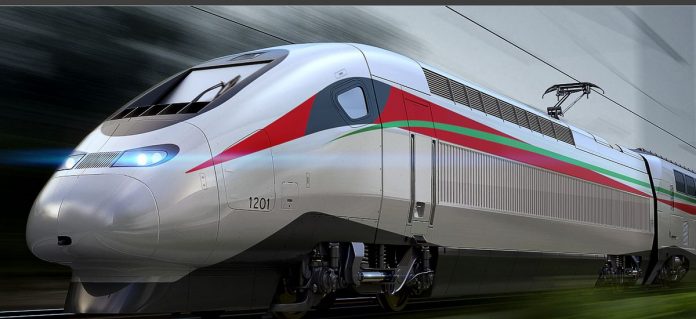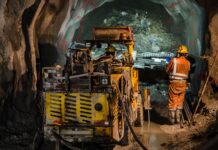In 2022, Morocco’s high-speed train, Al Boraq, transported an impressive 4.15 million passengers, marking a 38% increase compared to 2019. With a 58% occupancy rate and a 89% customer satisfaction rate, Al Boraq generated 555 million dirhams in revenue, up 36% from 2019. The ONCF aims to reach 6.2 million passengers annually by 2030.
“Morocco Rail Plan 2040”: Expanding the high-speed network
Under the Morocco Rail Plan 2040, the country plans to develop a 1,500 km high-speed rail network, focusing on the Atlantic axis (Tangier-Casablanca-Agadir) and the Maghreb axis (Rabat-Fès-Oujda). This ambitious project requires a 20 billion dirham investment.
Major investment in rolling stock
The ONCF plans to acquire 168 new trains, investing a total of 11.6 billion dirhams. This includes 18 trains for the high-speed network (4.5 billion dirhams), 40 trains for intercity transport (3.8 billion dirhams), and 50 trains for the Casablanca RER (3.3 billion dirhams).
International competition for ONCF contracts
Several renowned international players are competing for ONCF contracts:
- Alstom (France): With its experience from the first phase of the project and technical expertise, Alstom has a significant advantage, bolstered by French economic diplomacy.
- Talgo (Spain): Known for its intercity lines, Talgo has shown interest in the Moroccan project, particularly during the Morocco-Spain Economic Forum.
- Hyundai Rotem (South Korea): A newcomer in the competition, Hyundai Rotem offers a compelling proposal, leveraging its experience exporting high-speed trains, notably to Uzbekistan.
Selection criteria: Beyond technical aspects
The choice of partner for this strategic project will not solely depend on technical expertise and financial offers. Diplomatic and geostrategic considerations will also play a crucial role. Morocco aims to develop its railway industry and contribute to the Africa Atlantic project, likely favoring a partner that provides a clear framework for technology transfer.
A crucial decision for Morocco’s railway future
The ONCF’s decision will significantly impact the development of Morocco’s railway sector. The choice of partner will determine the quality and performance of future high-speed lines and Morocco’s ability to master advanced railway technologies, reinforcing its position as a key player in regional transport.
The final decision, eagerly anticipated, will be closely watched by stakeholders in the railway sector both in Morocco and internationally.





